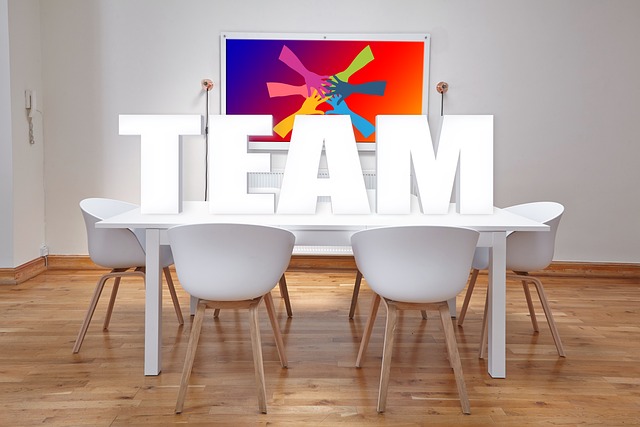Creating a cohesive and effective team is paramount for the success of any business or organisation. Teambuilding activities play a crucial role in fostering communication, collaboration, trust, and morale within a team. In this article, we will explore some of the best teambuilding activities that can help to break down barriers and build a stronger, more united team. If you need a team building activity organiser for your UK organisation, check out the team building events UK.
Escape Rooms
Escape rooms require a team to work together under pressure to solve complex puzzles within a limited time. This activity enhances problem-solving skills and encourages teams to rely on each other’s strengths.
Outdoor Adventures
Participating in outdoor adventure activities such as rafting, rock climbing, or obstacle courses not only provides a fun break from the work environment but also pushes team members out of their comfort zones and helps them learn to trust and encourage one another.
Cooking Competitions
Organising a cooking competition isn’t just for the culinary-minded. It’s an excellent way to promote teamwork as it requires planning, time management, and coordination. Teams often bond over food, and this way, they can create and enjoy it together.
Volunteering
Volunteering for a social cause can give team members a sense of purpose and unity. Whether it’s building houses for the less fortunate or organising a charity event, working together for a good cause can strengthen relationships.
Workshop-Based Learning
Workshops that focus on specific skills such as leadership, conflict resolution, or effective communication can be both educational and unifying. Tailored programmes with professional facilitators can address specific team needs.
Scavenger Hunts
A scavenger hunt is a classic teambuilding activity that sparks creativity and strategic thinking. By working in teams to find clues and reach the goal, team members build camaraderie and engage in healthy competition.
Sports and Fitness Challenges
Team sports or fitness challenges can build team spirit. Activities like soccer, basketball, or group exercise classes improve health while also promoting teamwork and a bit of friendly competition.
Role Reversal Exercises
In role reversal exercises, team members swap roles for a day or a few hours to understand their colleagues’ challenges and perspectives. This fosters empathy and can lead to improvements in workplace cooperation.
Improv Workshops
An improv workshop can be an exhilarating experience that teaches adaptability, quick thinking, and supports a collaborative environment. It can also be a huge stress reliever and creativity booster.
Art Projects
Group art projects can stir creativity and offer a non-verbal mode of expression. Whether it’s a mural, a sculpture, or a digital masterpiece, creating something together can give team members a sense of shared achievement.
Team Retreats
Taking a trip together for a team retreat can help break usual office hierarchies and give a space for open, relaxed interaction. Retreats can be a great way to combine several teambuilding activities with strategic planning sessions.
Virtual Teambuilding Games
For remote teams, virtual games and challenges can be an effective way to encourage collaboration and team bonding. These activities can range from simple icebreakers to elaborate virtual escape rooms.
Board Game Tournaments
Holding a board game tournament is a low-stakes but engaging activity that encourages strategic planning, team-based decision-making, and offers a lot of laughs.
Feedback Sessions
Structured feedback sessions where team members can express their feelings and thoughts regarding the workplace in a safe environment, can deepen understanding and improve interpersonal relations.
Regular Check-Ins
Lastly, regular team check-ins such as ‘stand-up’ meetings can create a routine that allows for updates, recognising achievements, and addressing any immediate concerns as a team.
In conclusion, teambuilding activities should be a staple in any organisation’s culture. They not only help form high-functioning teams but also contribute to individual well-being. The key is to understand the unique dynamics of your team and choosing activities that best suit its culture and goals. Most importantly, teambuilding should be consistent and ongoing to nurture and maintain a resilient team foundation.
